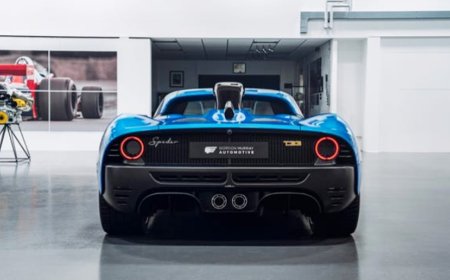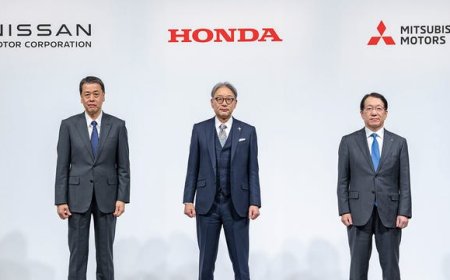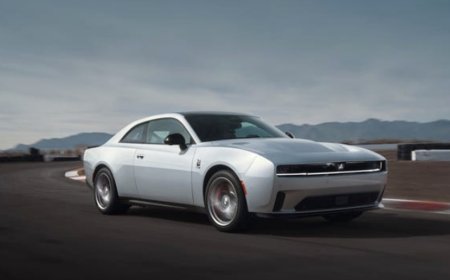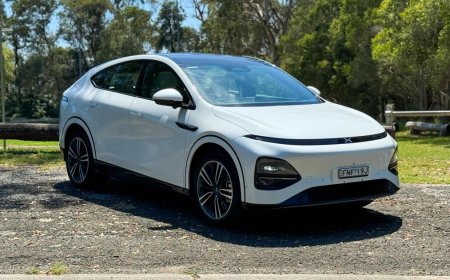Volkswagen's Golf is about to get a lot more expensive
A recent deal between VW and the union representing its German workforce is pushing the Golf into potentially costly territory.
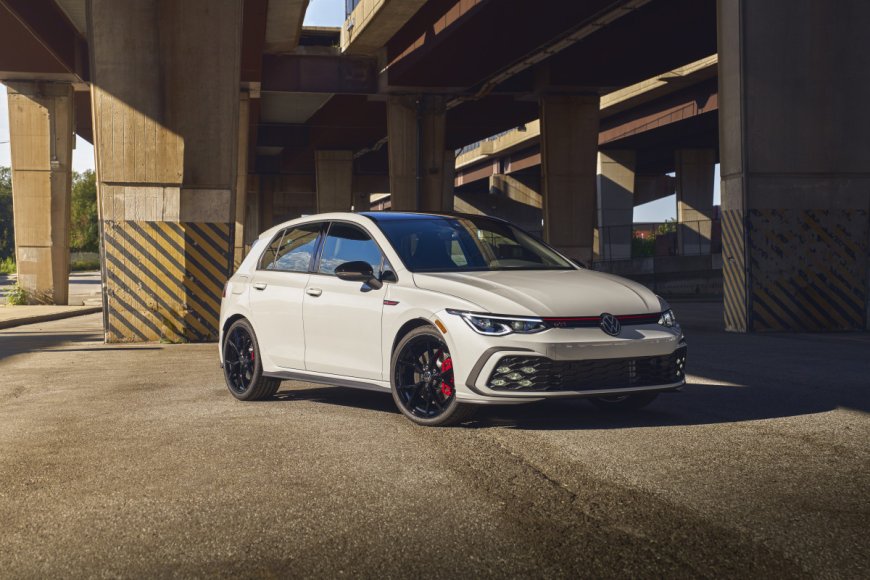
If you’re eyeing a new Volkswagen Golf, now might be the time to buy.
VW’s iconic hatchback could soon see dramatic price hikes in the United States, thanks to a combination of shifting production and trade policy. Last Week, Volkswagen reached a deal with the union representing its German workforce. The deal, which keeps open all of the automaker's Germany factories while reducing its overall workforce, will also move production of the Golf to its Puebla, Mexico plant in 2027.
On its own, that move could make the Golf marginally cheaper for U.S. buyers but proposed tariffs from the incoming Trump administration could drastically change that.
Related: Audi factory scheduled to close, and these models are going with it
Trump’s tariffs could spike car costs
President-elect Donald Trump has said that he plans to introduce a 25% tariff on all imports from Canada and Mexico. That would be a big shift for the United States. Through the United States-Mexico-Canada Agreement (USMCA), which the Trump administration passed in 2020, automakers, vehicles built in Mexico and Canada are not subject to tariffs when being imported to the United States, as long as they meet certain requirements.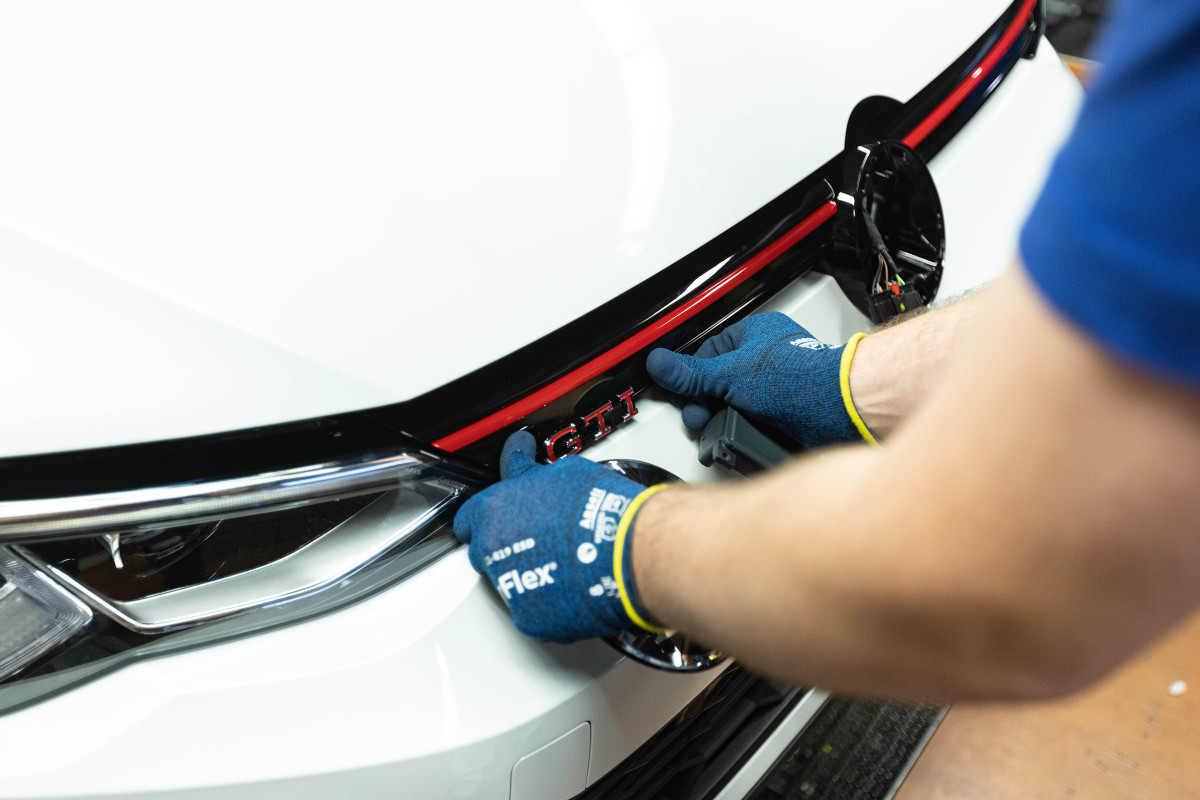
For vehicles currently being built in Mexico and Canada, that means they’re cheaper to import than vehicles from Europe. But, if Trump moves forward with his proposed tariffs once in office, that dynamic would drastically flip.
The Golf GTI, which is currently built in Wolfsburg, Germany, is subject to a 2.5% tariff that brings its U.S. base price to $31,965. If Mexico-made GTIs were subject to Trump’s proposed tariff, that base price would increase to nearly $39,000, a roughly $7,000 spike in costs for the same vehicle.
Related: Toyota's big win: $4.5M to revolutionize EV battery production
Real policy or negotiating tools?
While Trump has made his apparent affinity for tariffs clear, referring to it as “the most beautiful word in the dictionary,” some analysts and politicians have said they expect his proposed tariffs are closer to negotiating tools than real policy proposals.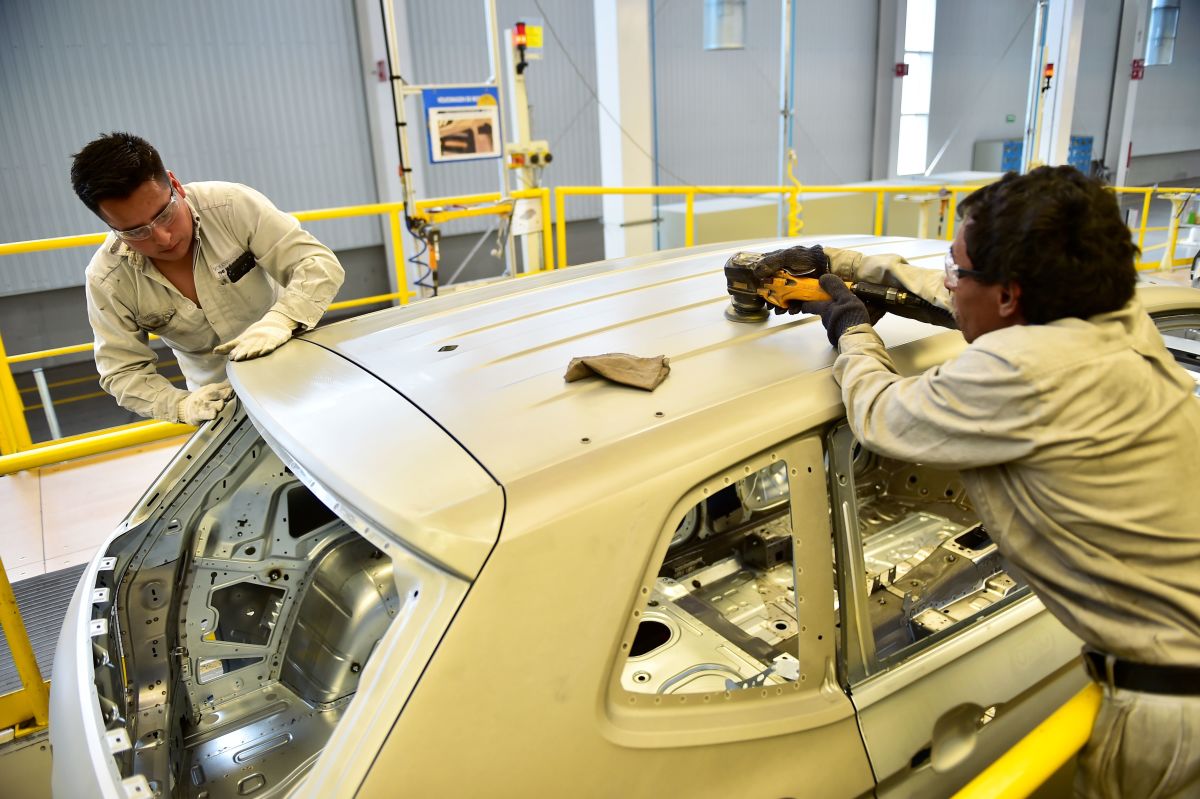
Senator Kevin Cramer (R-N.D.) told Politico that the appropriate way to use tariffs is as negotiating tools, which can be easily threatened, applied and removed to pressure trading partners into concessions. “If you start using them as a sort of a general policy related to revenue that’s more concerning,” Cramer said.
Marko Papic, a macro researcher who provides investment research to asset managers, said that while “Trump’s brash language might have led some down the fantasy that inflated tariffs are on the way,” the President-elect is unlikely to actually implement the scale of tariffs that he described on the campaign trail.
“In actuality, it’s all part of his ‘America First’ approach that will see him strike a trade deal with China, and perhaps conditional on the basis that their companies relocate their production facilities to the U.S.,” Papic said.
Related: Cybertruck hype fades: Once hot, now not, Tesla's pickup sits on lots
Final thoughts
One thing we know for certain is that production of the Volkswagen Golf is moving to Mexico, but it remains to be seen what impact that could have on the price that U.S. buyers see. If Trump is serious about passing his tariffs then consumers should prepare for a spike in car costs, not only for the Golf but all models made in Mexico and Canada.
But, if the proposed tariffs only amount to negotiating tools as some politicians and analysts expect, then VW’s production shift could see the Golf price actually decline, as it moves from having a 2.5% fee to free import. That said, if you’re thinking of picking up a new GTI, you’re probably better off making the purchase now rather than waiting around to see what happens.
Related: EV sales in Europe are growing—with one big Tesla-sized exception
